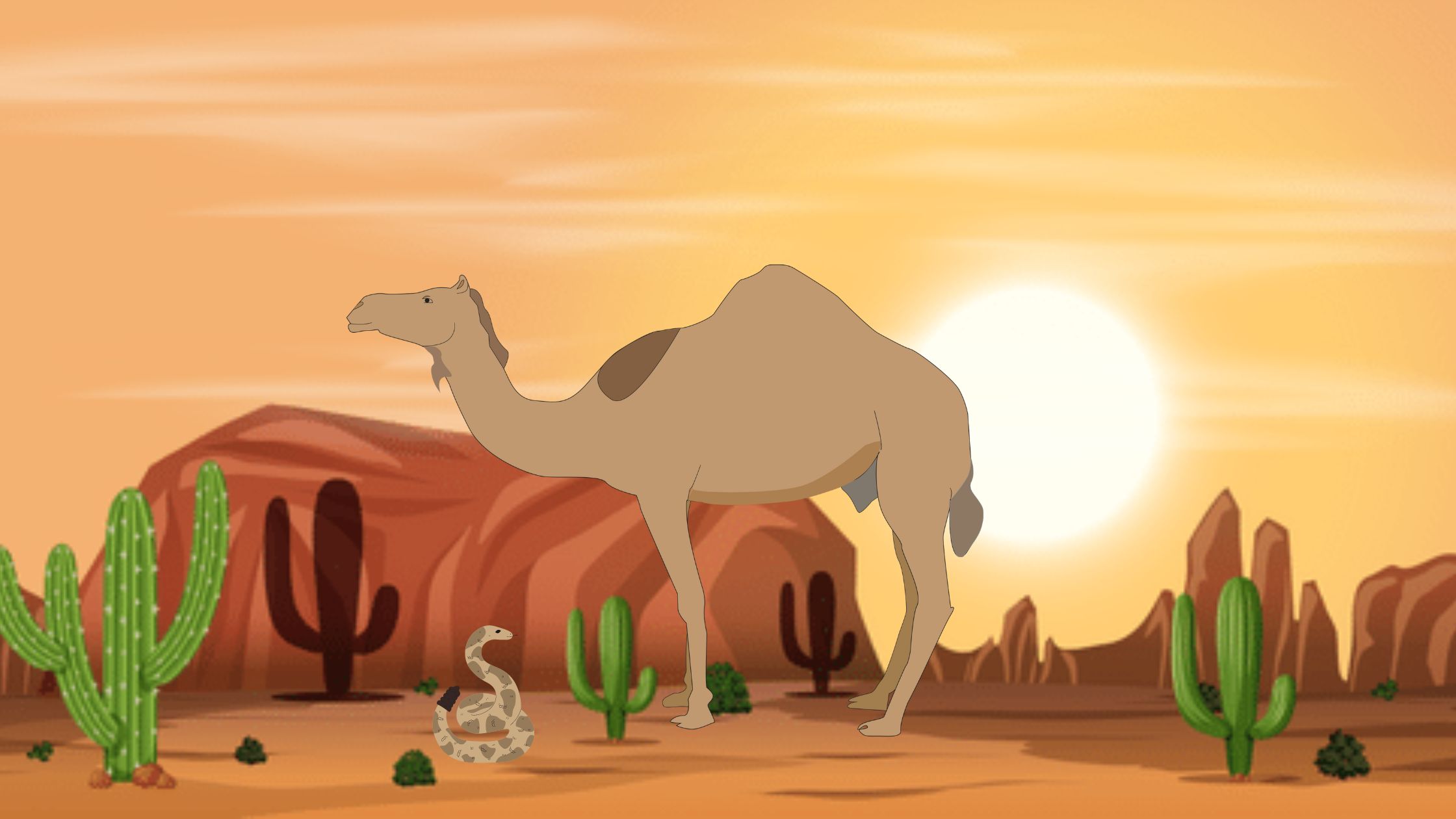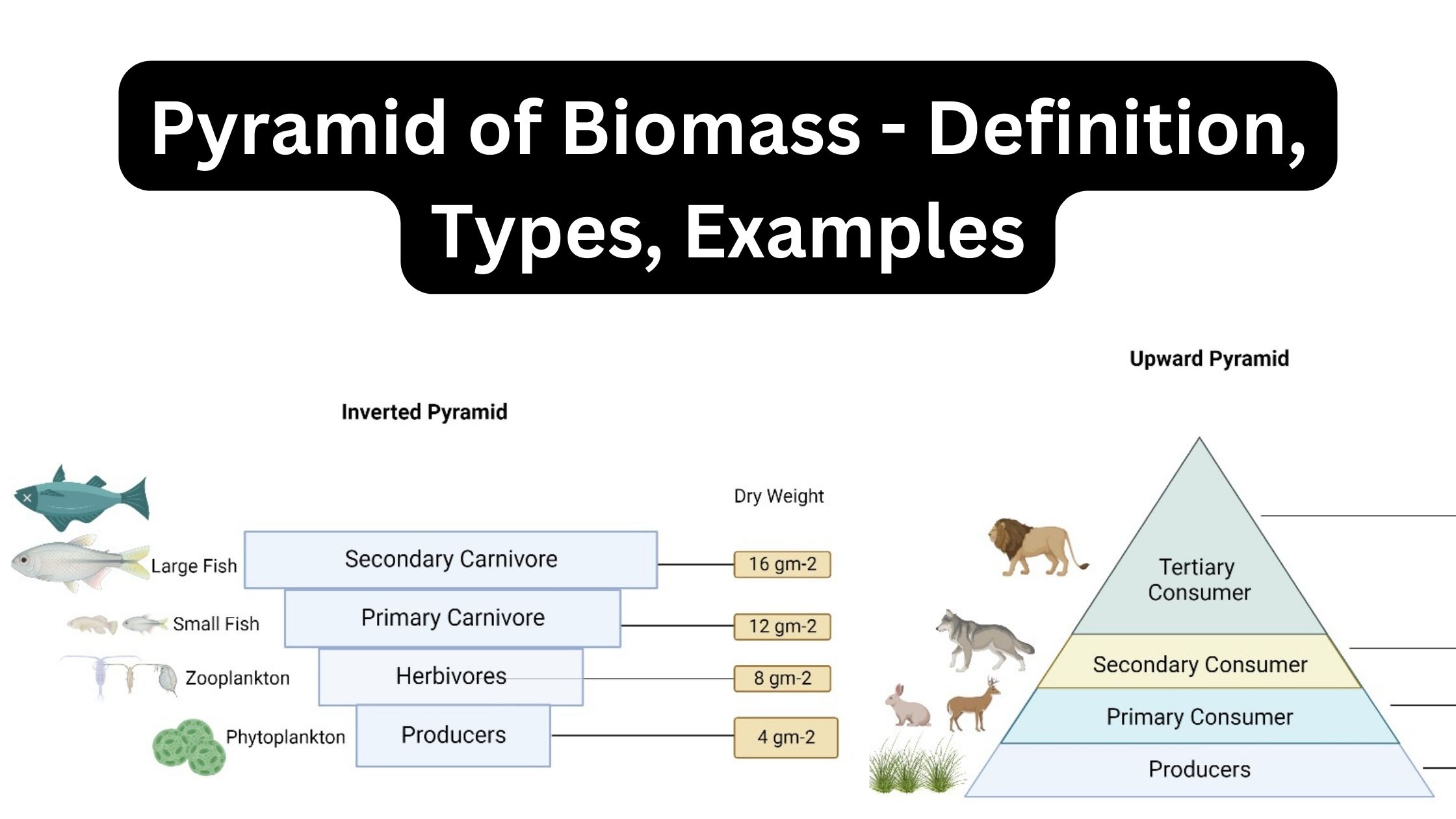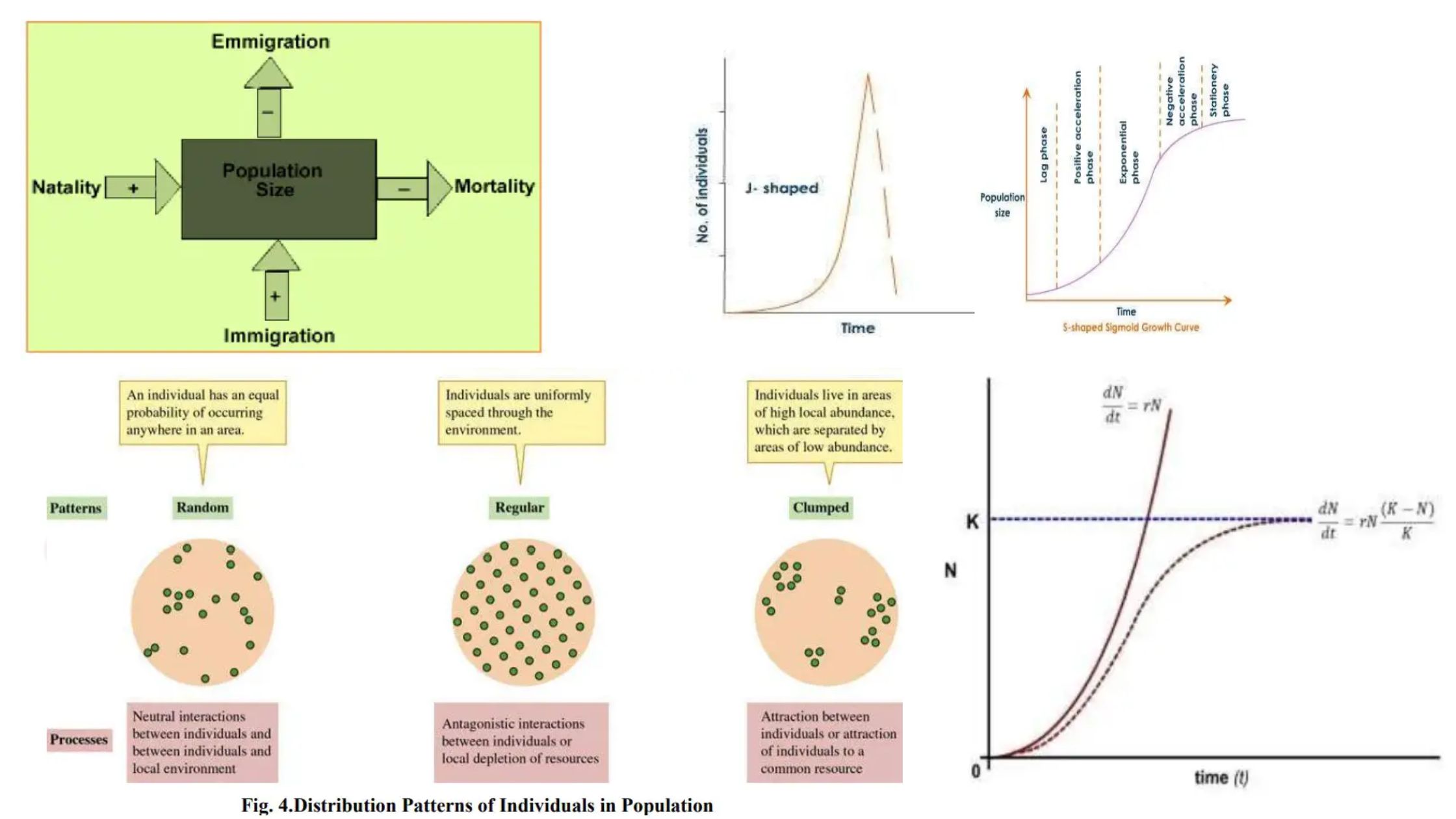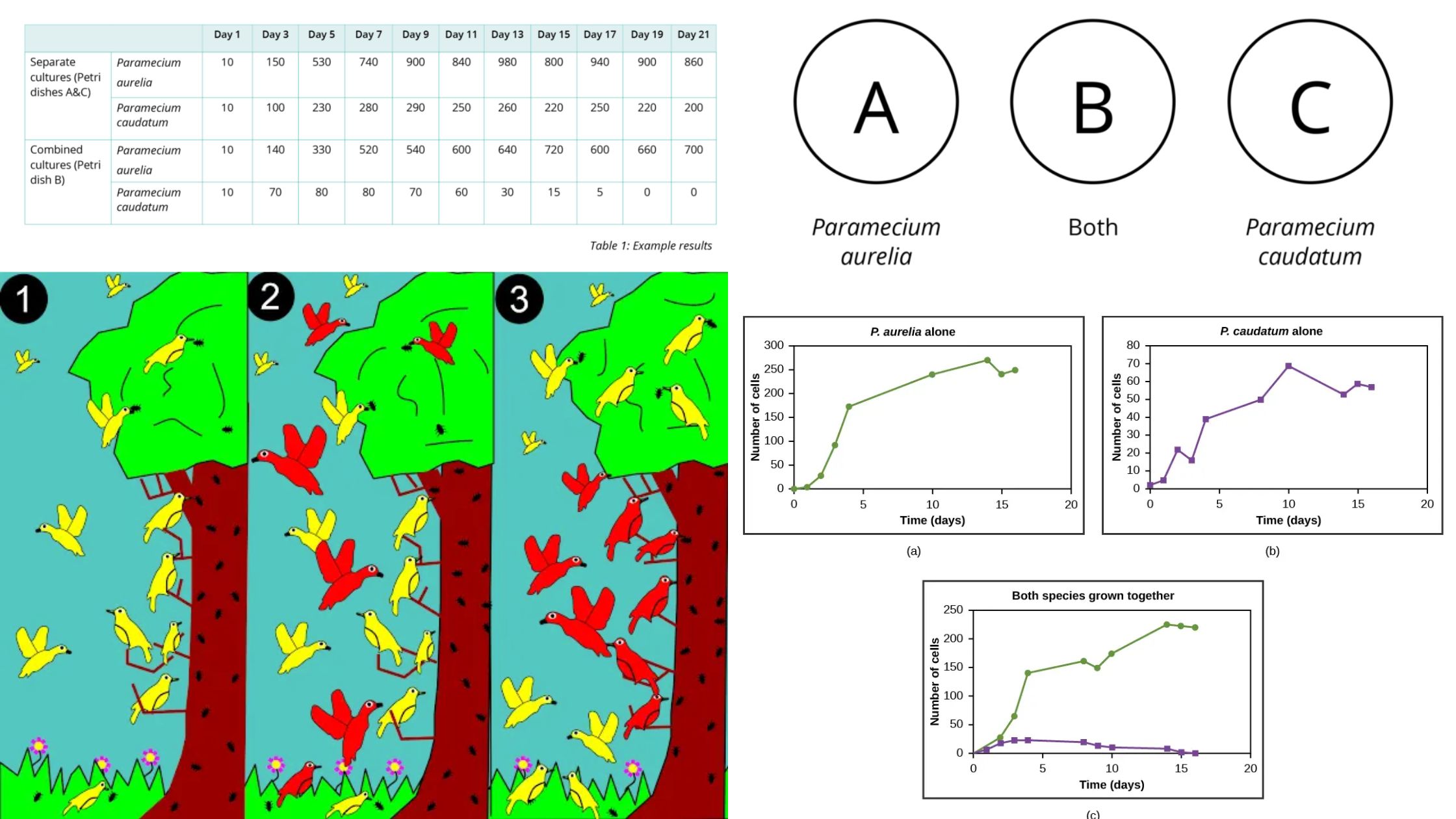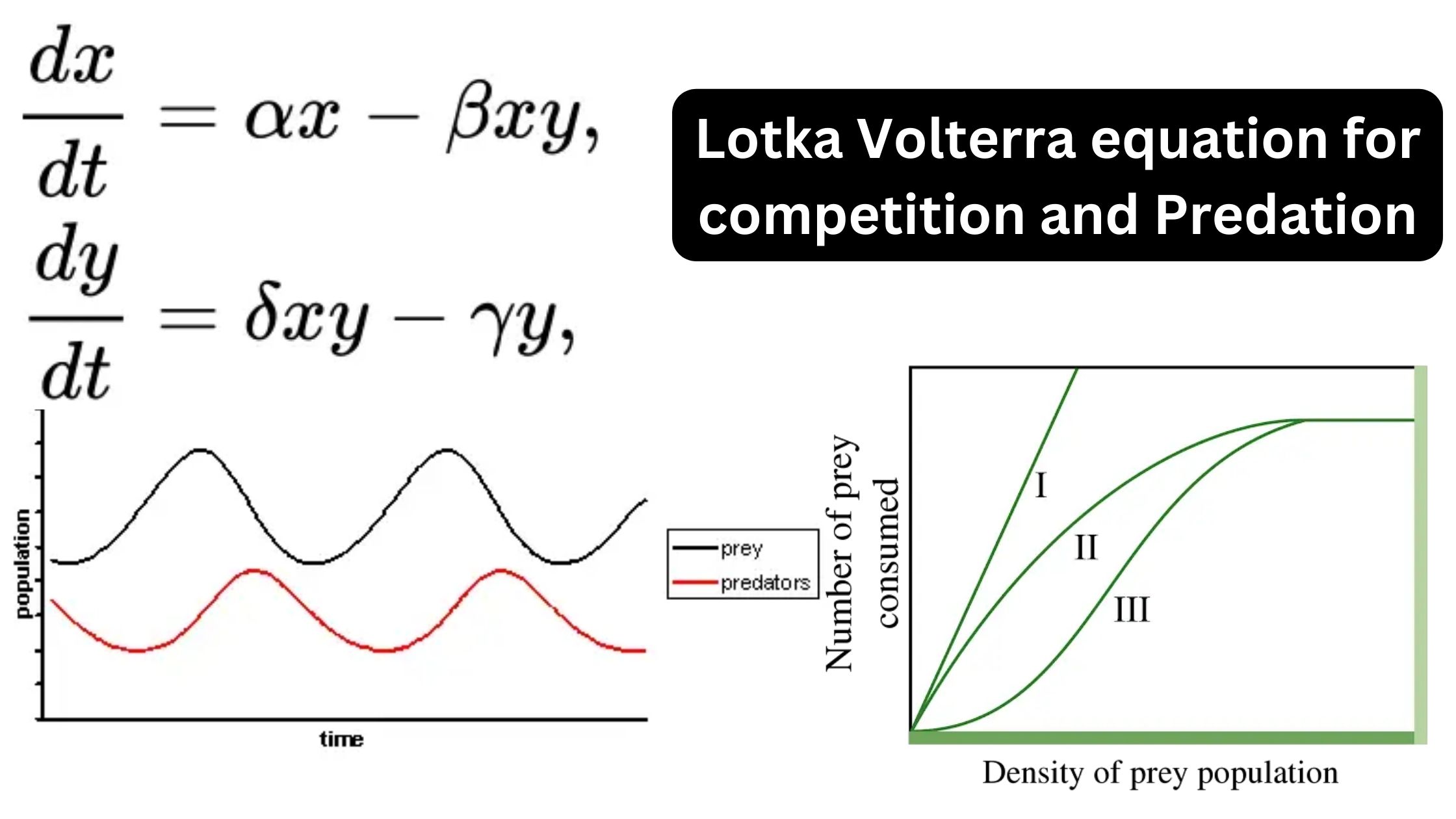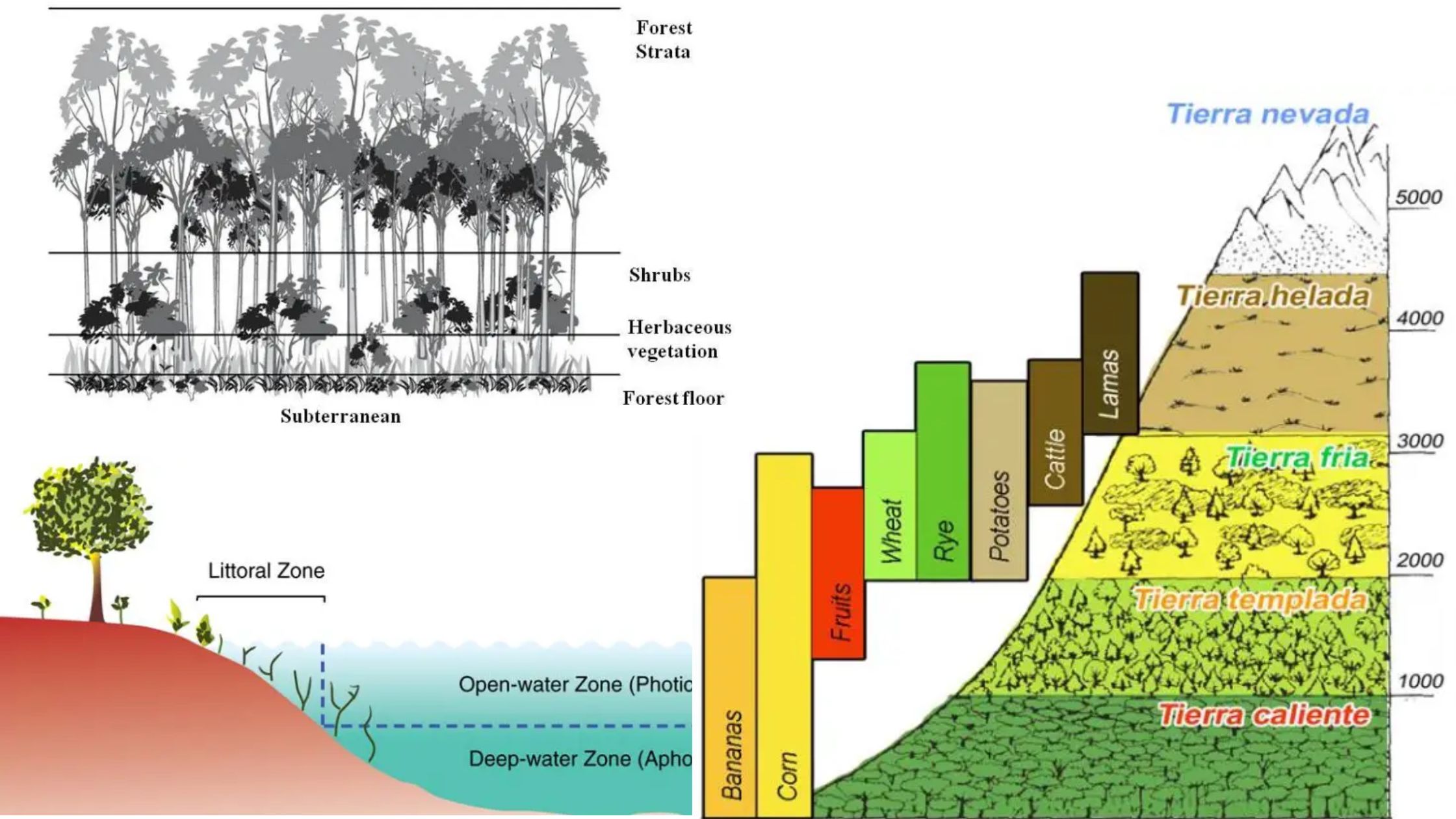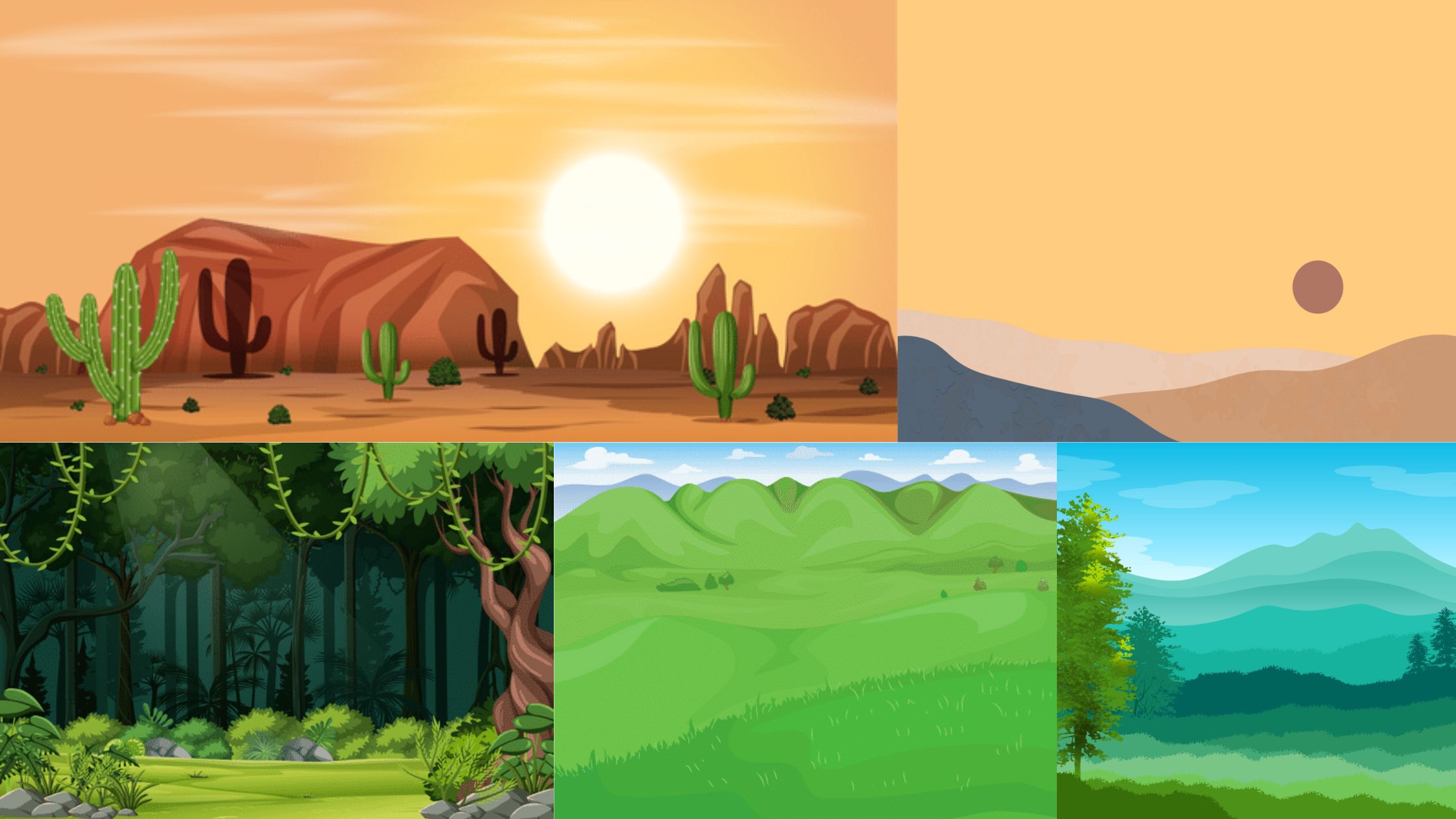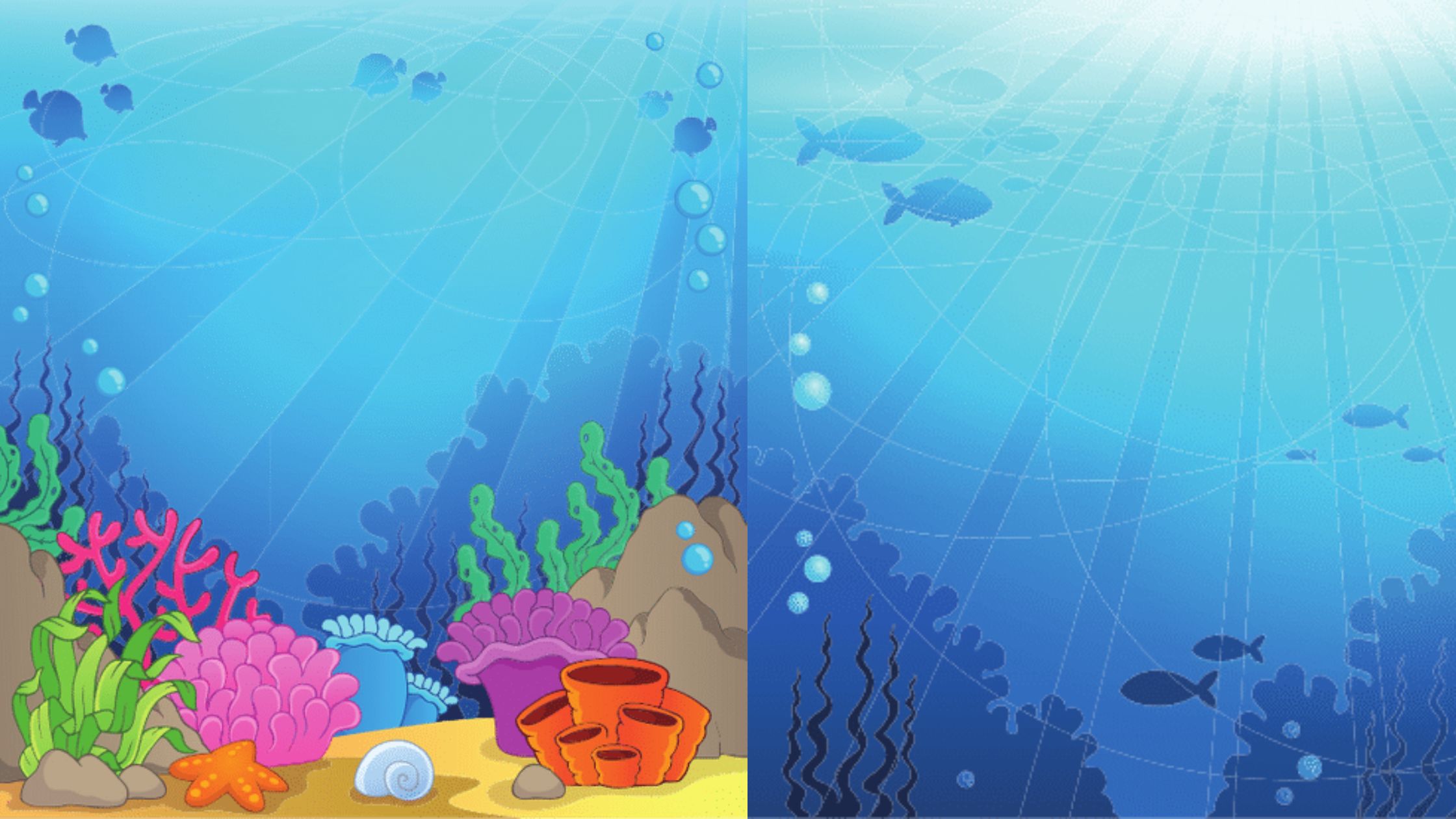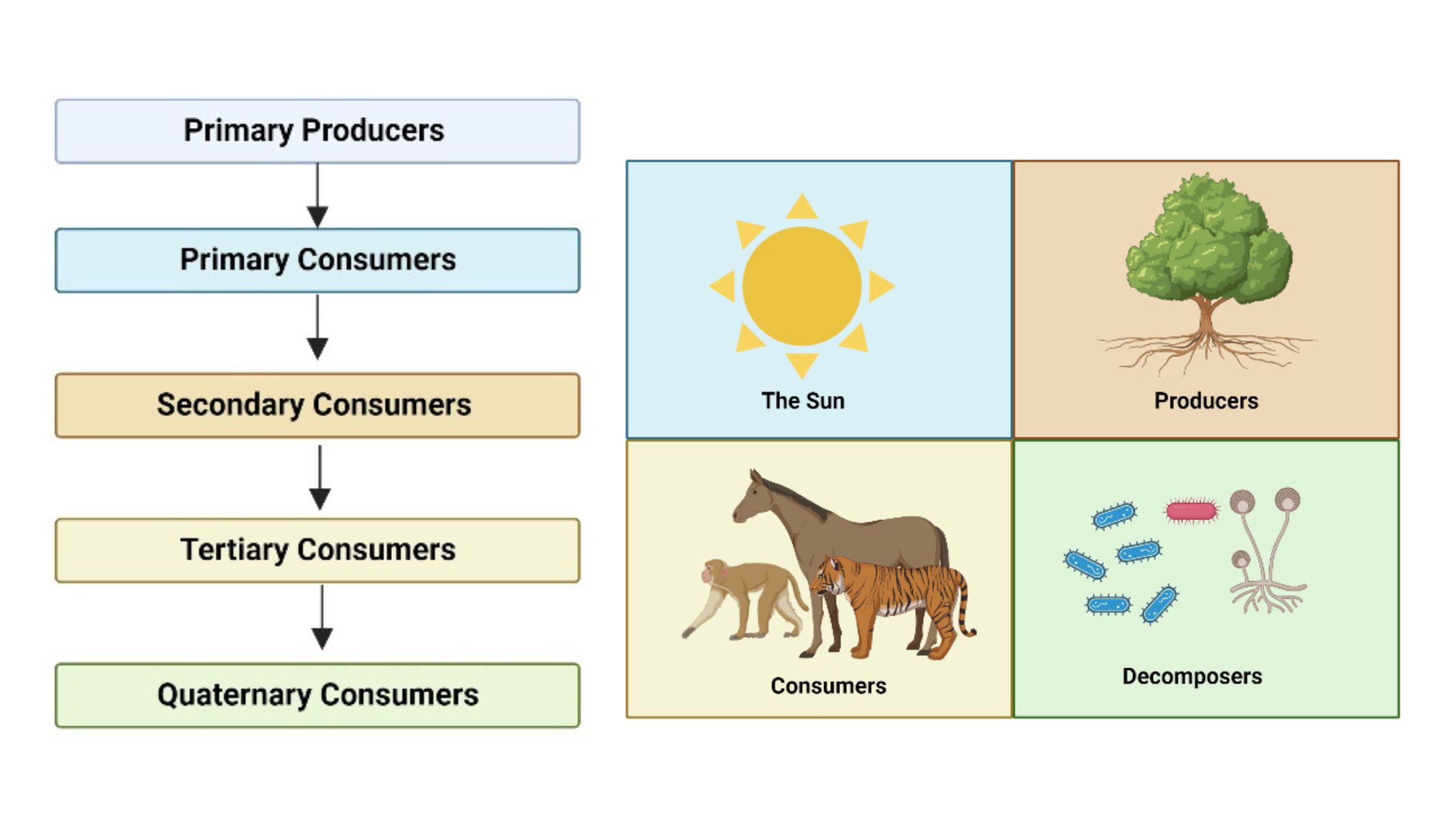Desert Ecosystem – Definition, Types, Importance
Desert Ecosystem Definition Characteristics of Desert Ecosystem Component of a desert ecosystem Due to minimal precipitation, the desert ecosystem contains fewer plants. These places have fewer than 255 millimetres of precipitation and high or low temperatures. This ecosystem’s evaporation rate is extremely high. Depending on the availability of water, dates, cotton, millet, etc. are cultivated … Read more
